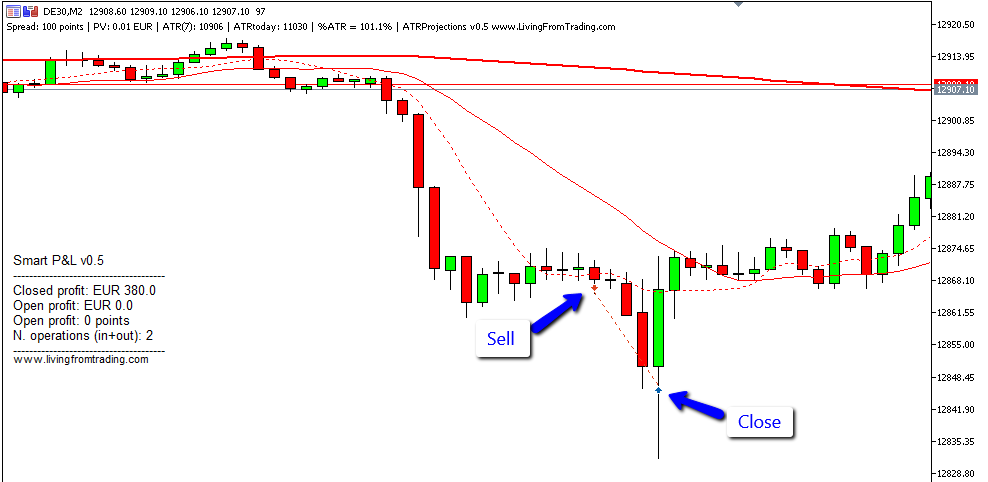Trading indices have gained immense popularity in the financial markets, providing investors with exposure to a wide range of stocks or other financial instruments. However, to make informed investment decisions, it is crucial to understand how to calculate profits when online trading indices in South Africa. This step-by-step guide will walk you through the process of calculating profits in index trading, enabling you to better analyse and evaluate your trading performance.
What is Online Indices Trading?
Before diving into profit calculations, let’s establish a clear understanding of online indices trading. An index represents a basket of stocks or other financial instruments that collectively measure the performance of a particular market sector, industry, or even the entire market. Indices trading in SA offers numerous benefits, including diversification, as investors gain exposure to a broad range of assets with a single trade. Some well-known indices include the S&P 500, Dow Jones Industrial Average, and FTSE 100.
Basic Profit Calculations
When it comes to calculating profits in index trading, there are two commonly used methods: point-based and percentage-based calculations.
- Point-Based Calculation
In the point-based calculation method, profit is determined by the difference in index points multiplied by the contract size. For instance, if you enter a long position on an index at 1,200 points and exit at 1,250 points with a contract size of $10 per point, the profit would be (1,250 – 1,200) * $10 = $500. This method is straightforward and useful when the contract sizes remain constant.
- Percentage-Based Profit Calculation
The percentage-based calculation method determines profit based on the percentage change in the index value. This method is particularly valuable when trading contracts with different contract sizes. To calculate profit using the percentage-based method, you need to determine the percentage change in the index value during your trading period. Multiply this percentage by the initial investment or position size to find the profit amount.
Incorporating Transaction Costs
When calculating profits, it is essential to factor in transaction costs, such as commissions, spreads, or fees. These costs can significantly impact overall profitability. Be sure to consider them in your calculations to have an accurate representation of your trading performance. To minimize transaction costs, consider choosing brokers with competitive rates or exploring low-cost index ETFs.
Indices Trading Platforms in South Africa
When choosing an indices trading platform in SA, consider factors such as regulation, available indices, trading tools, user-friendly interface, trading costs, platform stability, mobile trading capabilities, customer support, and reputation. Look for platforms regulated by reputable authorities, offering a diverse range of indices, with advanced trading tools and a user-friendly interface. Consider trading costs and ensure platform stability and reliability. Mobile trading options and responsive customer support are also important. With numerous options available it is important to choose a broker who is FSCA-authorised such as Banxso – Online Trading Platform. It is advisable to research the platform’s reputation and read reviews to gauge its performance.
